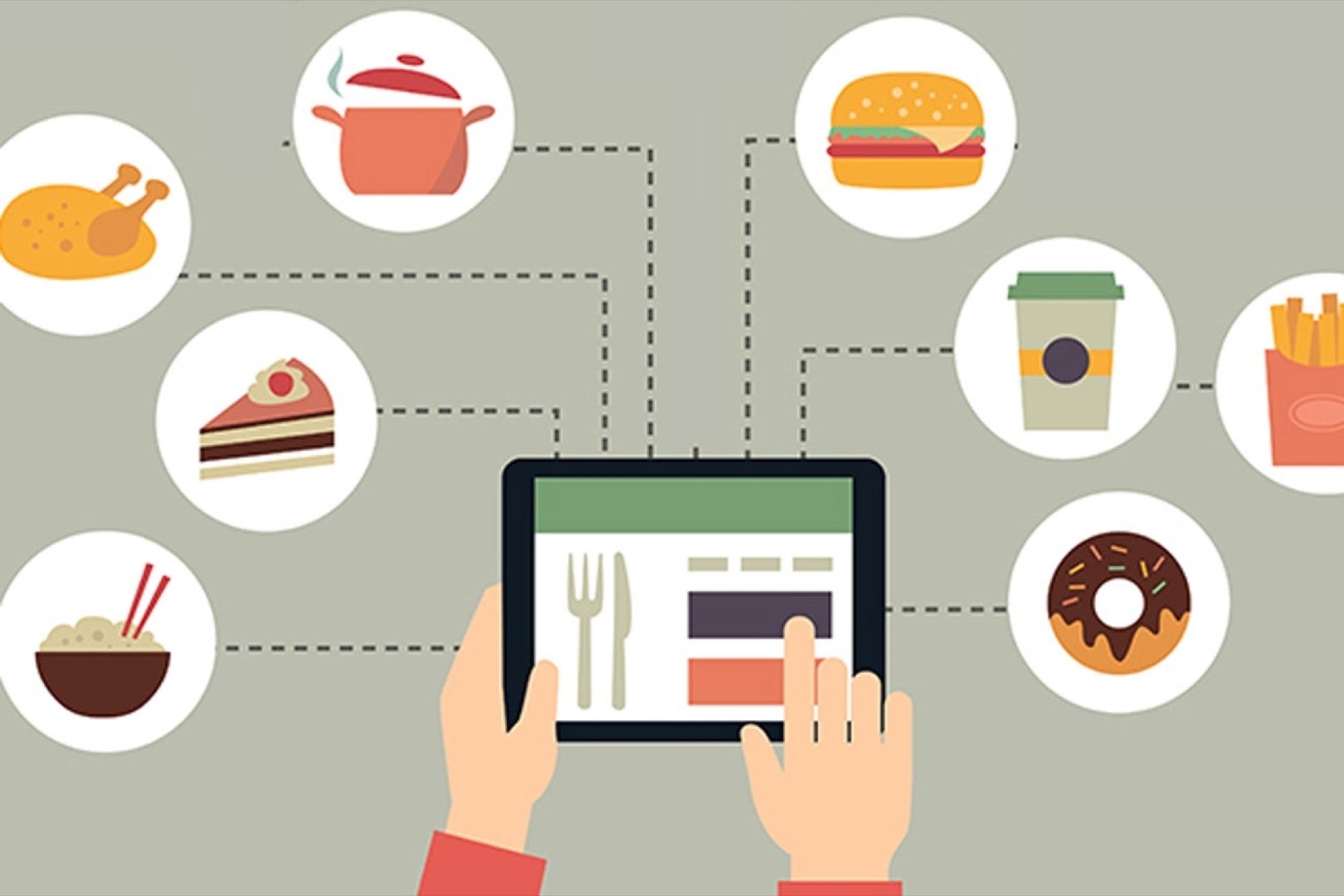At SXSW: GrubHub -- Great Delivery Takes Data, Tech and a Love for Food This operations exec explains how delivery has evolved -- and why a better understanding of how food is prepared will give it an advantage.
By Jacob Hall
Opinions expressed by Entrepreneur contributors are their own.

On-demand food delivery is a competitive market, luring tech titans like Amazon and Uber. The complicated business has evolved beyond its dispatch roots and requires a technologist's edge and a brain for logistics. Of course, it also needs a heart for service, keeping food fresh and delicious and making everyone from restaurants to drivers and diners happy and satisfied.
Given the challenge -- and the opportunity -- we met with GrubHub's senior vice president of operations Stan Chia at SXSW this past week. The company serves six and a half million active diners in a thousand cities through 40,000 restaurants. We talked about engineering food delivery and why it believes a 360-degree understanding for restaurants prepare food will keep it competitive.
This interview has been edited and condensed.
Entrepreneur: What's changed in the past five years for on-demand food delivery?
Chia: Food, unlike most other delivery operations, is not just point A to point B. Food is perishable, unlike packaged products. You have to understand everything that it takes to get it from point A to point B. Before technology and data infused this, it was a very manual, dispatch operation. People would look at orders that are coming in and say here's the diner and here's the restaurant, let's just send the driver there. From a GrubHub, technology gives us a unique ability to understand what's going on inside a restaurant's kitchen as well as what's going on inside our driver network.
Entrepreneur: Explain a little about how that technology works.
Chia: [We power] our delivery options with a very uniquely tailored and constantly changing algorithm that considers a lot of things that weren't considered before. We know freshness, we know how long it should stay good. We use a concept called isochrones to determine boundaries for food since we know that travel speeds aren't the same at 10 A.M. and 5 P.M. Being able to provide a technology solution as well as the operational component of actually delivering food for a restaurant is very powerful. Restaurants say "I can focus on just making amazing food and you can take that off of me and you can give me incremental volume?" That's the play for restaurants.
Entrepreneur: How does data fit in and why is that important to the future of the business?
Chia: As you get deeper in the lifecycle of the good supply chain, there are lots of components of data that can help. [With restaurants], it's understanding how long it takes a restaurant to prepare their food and how often they hold true to that in terms of how you align diners and drivers. If you tell me you're going to be ready in fifteen minutes and you're usually ready in twenty-five minutes, I can tailor the algorithm to take that into account. The faster we work there, the more money the drivers make.
Entrepreneur: What technologies could be on the horizon? What has you excited?
Chia: Any type of location-based service is large. The concept of geofencing and location-based services and thinking of how you use that in more and more meaningful ways. To really time arrivals so you're not relying on user input but actual locations is really exciting. You can think about all the ways to do that all the way through the chain. You can use that with the diner or with the driver or with the restaurant.
Entrepreneur: What about connected cars? We love connected cars at Entrepreneur.
Chia: This is a crowded space and a lot of players aren't totally just in food. We're very focused on food. if we're ever going to get into the connected car space, you can rest assured that it will be focused on food. That specialization allows us an advantage to a certain degree.
Entrepreneur: What do people not know about GrubHub? What would surprise us?
Chia: We have an in-house restaurant concept where everyone has to go and understand the technology that we push down to restaurants. We actually do that on the driver's side. We force everyone to actually sit there and go through [the process] to understand what we do. People don't realize that we're passionate about food and the constituents that are there and we do a lot to make sure we understand the experience.










